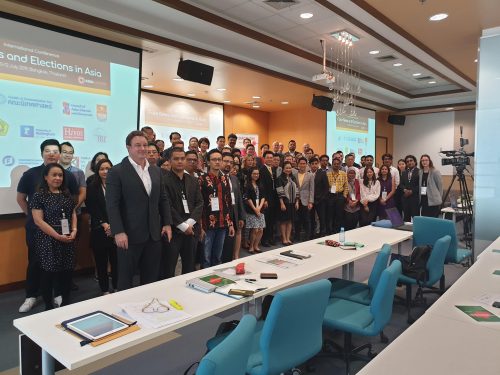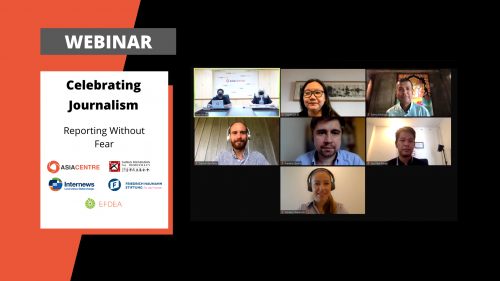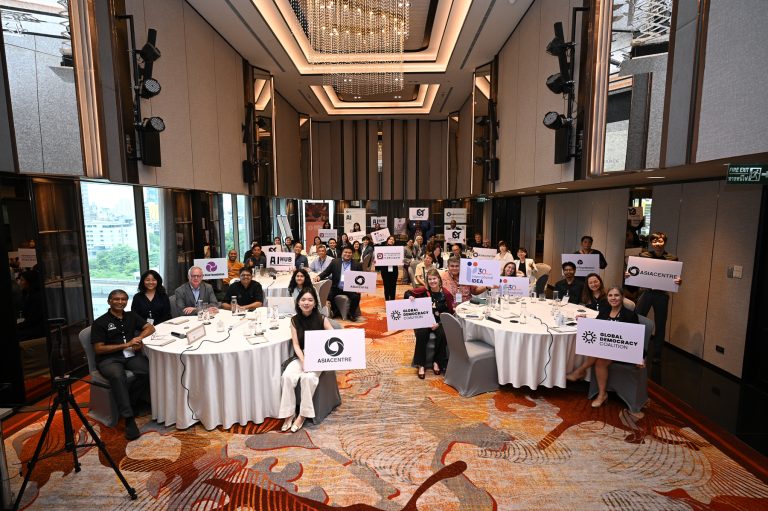In its ongoing work on the impact of the Universal Periodic Review (UPR) of the Human Rights Council on the protection of human rights in Southeast Asia, Asia Centre convened a focus group to discuss its research findings for a baseline study on this mechanism. Held on October 6, 2017, the session was facilitated by Asia Centre’s Dr. Robin Ramcharan and it included participants from national, regional and international organisations.

Civil society and other stakeholders noted during the discussions that since the UPR is a dialogue mechanism that States are comfortable with, it might be effectively harnessed as a platform for holding States accountable and keeping discourse on human rights issues alive.
 Key points raised by participants included the need for greater strategic engagement and coalition building by civil society, challenges in the follow up and implementation of recommendations and the need for capacity building on the UPR for civil society and government officials.
Key points raised by participants included the need for greater strategic engagement and coalition building by civil society, challenges in the follow up and implementation of recommendations and the need for capacity building on the UPR for civil society and government officials.
The baseline study, conducted in partnership with the Heinrich Boell Stiftung, Southeast Asia, adds to the emerging evidence-based research on the impact of the UPR on human rights protection in Southeast Asia and seeks to enhance civil society’s advocacy strategies.
 The feedback and points raised during the discussion, echoed many of of the trends revealed in Asia Centre’s initial mapping of the UPR and its inaugural UPR conference over the period 2016 to 2017. The Centre’s evidence-based research on the UPR takes place in the context of its Human Rights Programme.
The feedback and points raised during the discussion, echoed many of of the trends revealed in Asia Centre’s initial mapping of the UPR and its inaugural UPR conference over the period 2016 to 2017. The Centre’s evidence-based research on the UPR takes place in the context of its Human Rights Programme.



